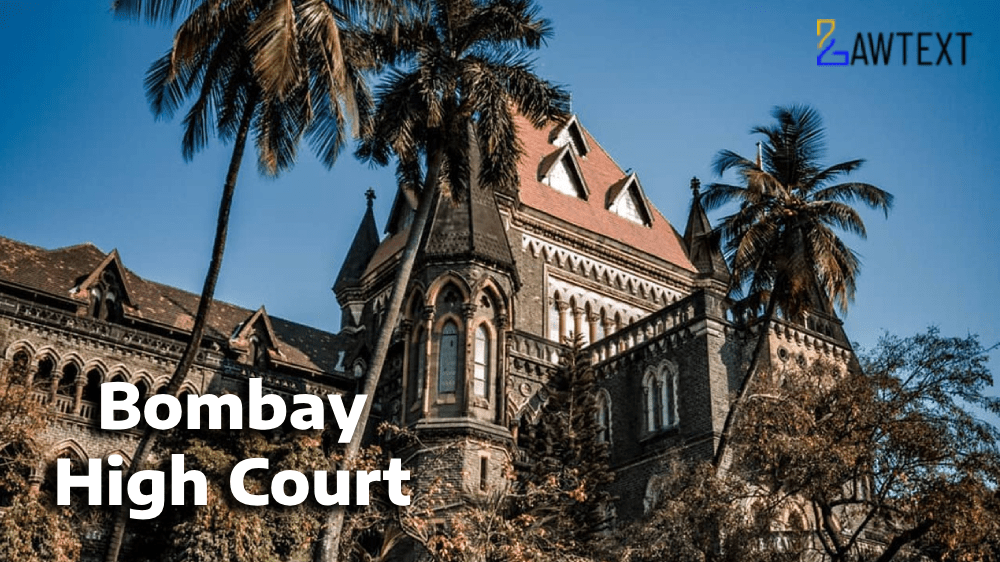High Court Dismisses Petition to Quash FIR in Case Involving Alleged False Promise of Marriage Leading to Rape. Court Upholds FIR Against Petitioner, Emphasizing the Distinction Between False Promise to Marry and Breach of Promise, Citing Misconception of Fact in Consent.

CASE NOTE & SUMMARY
The High Court dismissed a petition seeking to quash criminal proceedings against the petitioner accused of rape and other offenses. The petitioner argued that the relationship was consensual and that the FIR was filed due to a breach of a promise to marry. However, the Court emphasized that the consent was vitiated by a false promise to marry, which constituted a misconception of fact. The Court reiterated the principles from various Supreme Court rulings and directed the trial to proceed expeditiously.
1. Introduction
- Rule made returnable forthwith.
- Petition taken up for final hearing with consent of the parties.
- Petitioner seeks to quash criminal proceedings in Sessions Case No. 692 of 2023.
2. Case Background
- FIR No. 789 of 2022 registered on 5th August 2022.
- Allegations include offenses under Sections 376, 376(2)(n), 376(2)(h), 313, 323, 504, 506 of IPC.
3. Previous Court Order
- Court restrained the trial Court from framing charges on 12th April 2024 based on petitioner’s statement of a consensual relationship and delay in FIR registration.
4. Parties Involved
- Petitioner represented by Ms. Sana Raees Khan.
- State represented by Mr. Vinod Chate.
- Victim/Respondent No. 2 represented by Mr. M. A Khan.
5. Court’s Initial Observations
- Court expressed reluctance to exercise jurisdiction under Article 226.
- Noted availability of alternate remedy under Criminal Procedure Code, 1973.
6. Facts of the Case
- Detailed narrative of the relationship between the petitioner and the victim.
- Allegations of false promise to marry, resulting in sexual relations and subsequent assault.
7. Petitioner’s Arguments
- Relationship was consensual.
- Victim concealed her son from a previous marriage.
- Delay in FIR registration.
- Claims of extortion by the victim.
- Reliance on witness statements and Supreme Court decisions.
8. Respondent’s Arguments
- Relationship based on false promise to marry.
- Statements of witnesses and hotel register entries corroborate victim’s version.
- DNA testing pending.
9. Court’s Analysis
- Emphasis on the distinction between false promise to marry and breach of promise.
- Consent vitiated by misconception of fact.
- Court cannot conduct a mini trial at this stage.
10. Legal Precedents
- Cited relevant Supreme Court judgments regarding consent, false promises, and the scope of quashing petitions.
11. Conclusion
- Allegations in the FIR and victim’s statement justify proceeding with the trial.
- Petition dismissed, and interim orders vacated.
- Trial Court directed to proceed expeditiously.
12. Final Orders
- Rule discharged.
- Interim orders vacated.
- Trial Court to expedite the case.
ISSUE OF CONSIDERATION
Pramod Dhanji Purabiya Versus The State of Maharashtra Through Bhoiwada Police Station Ors.
Citation: 2024 LawText (BOM) (8) 24
Case Number: CRIMINAL WRIT PETITION NO.4399 OF 2022
Date of Decision: 2024-08-02
Case Title: Pramod Dhanji Purabiya Versus The State of Maharashtra Through Bhoiwada Police Station Ors.
Before Judge: A. S. GADKARI AND DR NEELA GOKHALE, JJ.
Advocate(s): Ms. Sana Raees Khan, with Mr. Aditya Parmar, for the Petitioner. Mr. Vinod Chate APP, for Respondent No.1-State. Mr. M.A.Khan, with Mr. Tajammul Khan & Mr. Mizan Khan, for Respondent No.2.
Appellant: Pramod Dhanji Purabiya
Respondent: The State of Maharashtra Through Bhoiwada Police Station Ors.

